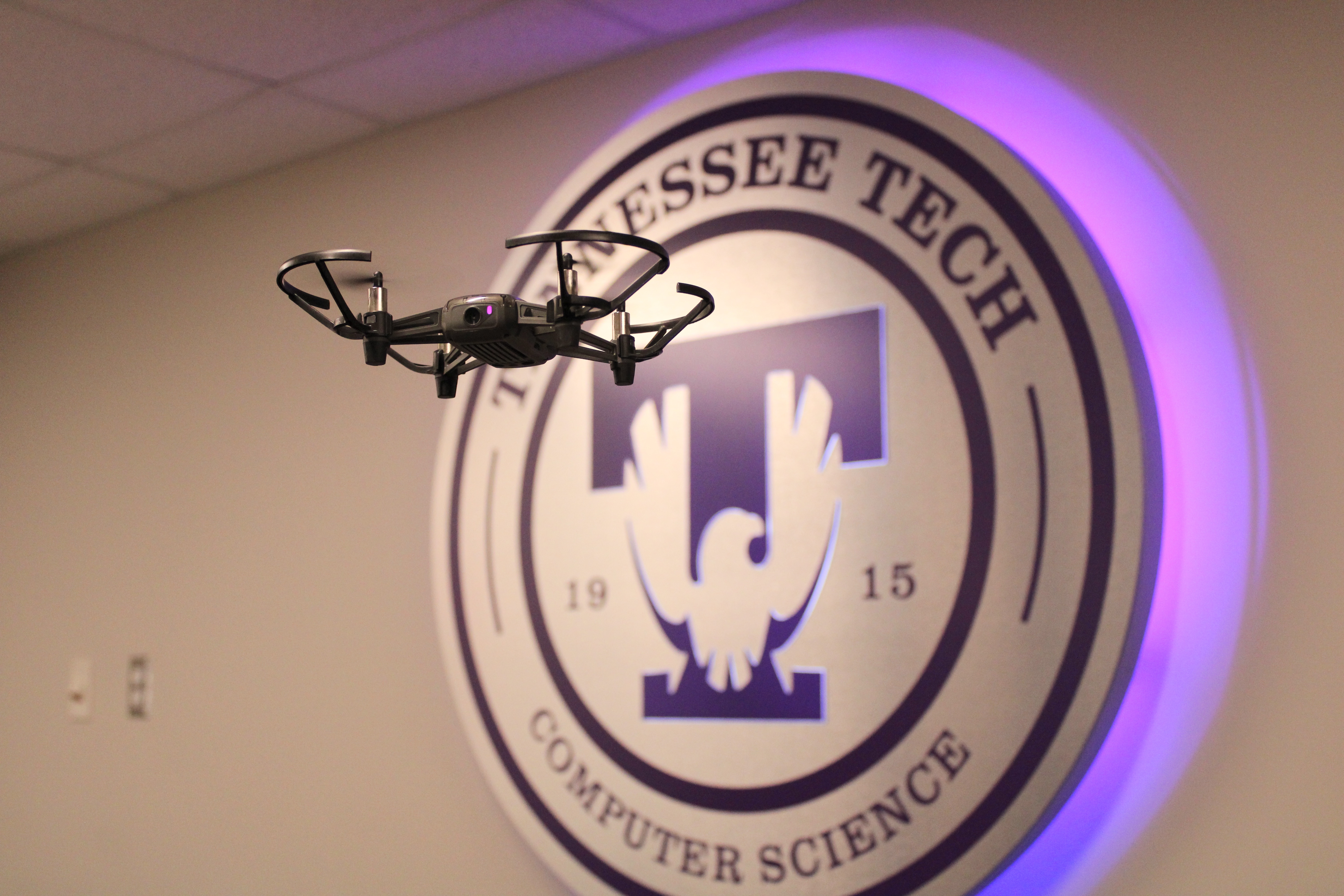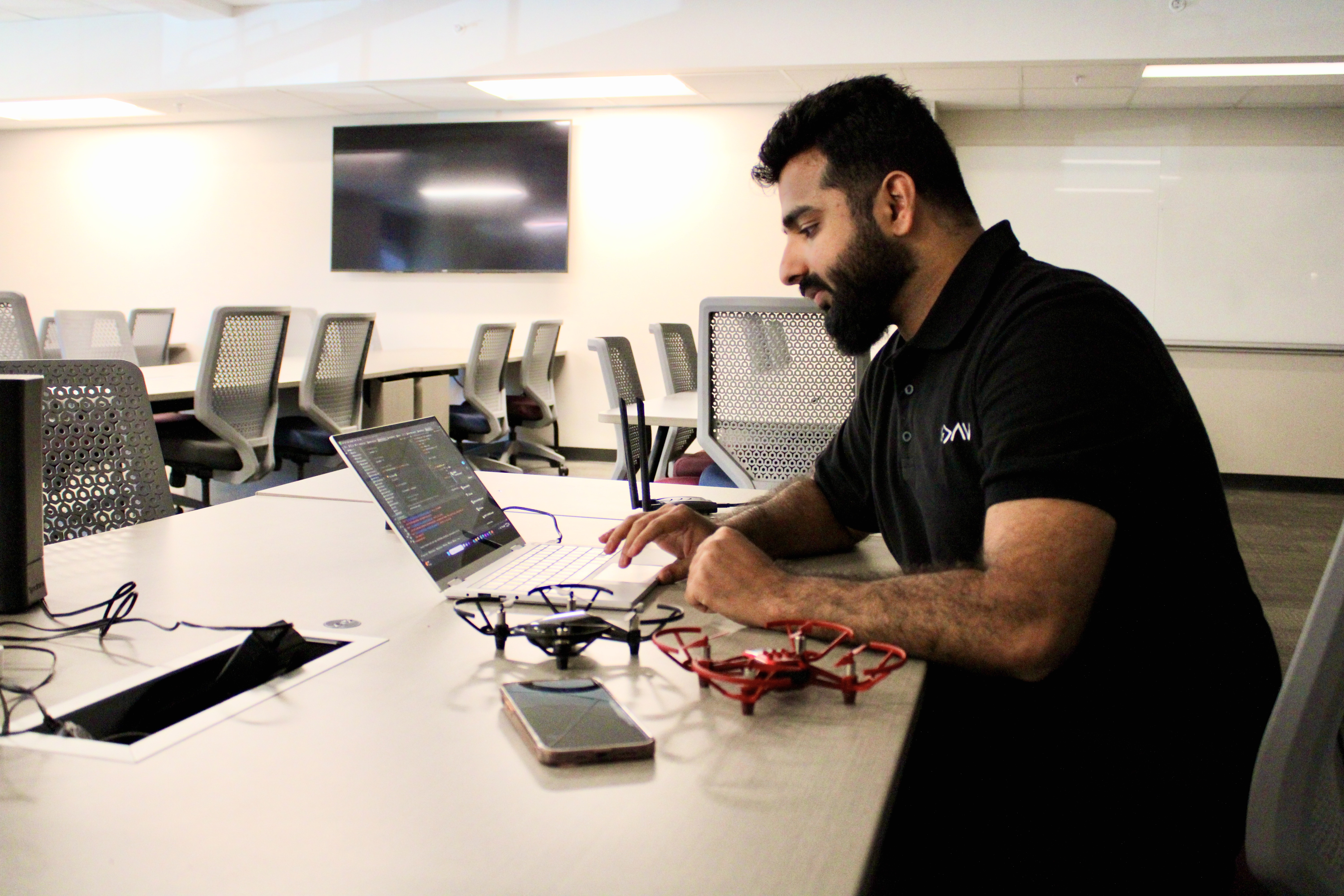Research Overview
My research focuses on AI-assisted Cybersecurity solutions for autonomous vehicles. I build systems that learn patterns from and collect data about the network, operator, and attacker behaviors. I conduct ethical penetration testing on real world autonomous vehicles to identify the vulnerabilities. I analyze the data my system collects using machine learning to uncover the critical operational threats and risks to develop intelligent intrusion detection system that can automatically detect and respond to the sophisticated attacks.
The executed attacks includes stealthy False data injection, evil twin, replay, de-authentication, evasion attacks, reinforcement learning to attack a drone swarm, etc.

Practical Testbed
We have developed a practical testbed for the execution of cyber attacks and designed a system thats capture the cyber data (communication pattern between the drone and ground station) and physical data (physical behavirol characteristics of the drone). It consists of Tello EDU drones, WiFi access point, ALFA AWUS036ACH network adapter, and two computers.
Computer-1 mimics a ground station that is used to monitor and control the swarm of UAVs. This computer has a number of Python scripts that are used to connect the legitimate operator to the UAVs, pass commands, and receive telemetry physical/behavioral data of the UAVs.
The WiFi access point establishes a connection between the ground controller (Computer-1) and the two UAVs to provide smooth communication and control.
Computer-2 along with the ALFA AWUS036ACH antenna have dual roles. This computer is running Kali Linux that runs software such as Aircrack-ng, Tcpdump, and Wireshark. First, Computer-2 and the antenna are used to collect the cyber features when operating in the monitoring mode. Also, Computer-2 and the antenna can mimic the attacker and launch cyber-attacks on UAV.

The demo video shows a cyber attack on a drone swarm. It depicts how the coordination among the drones disrupts once the attack is launched.
